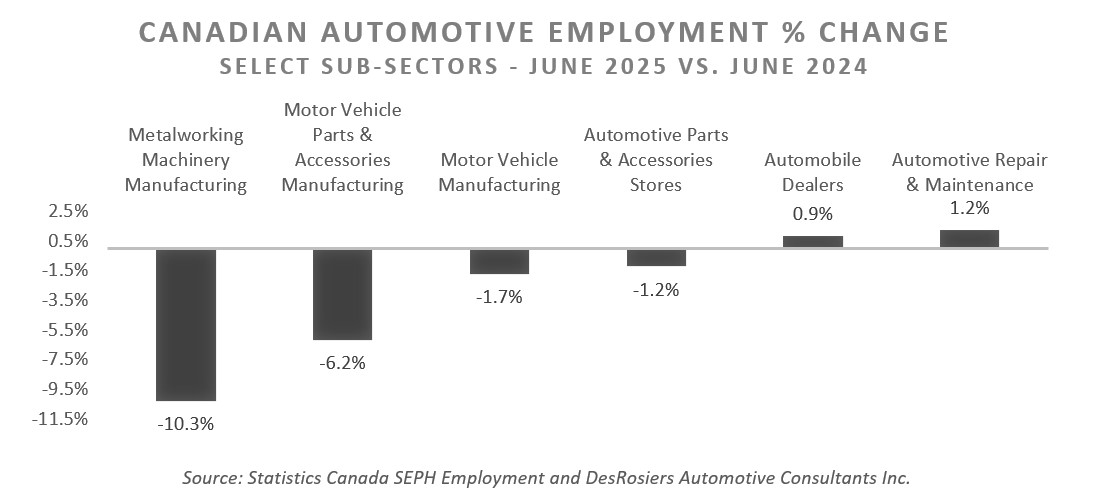
As the Canadian federal government prepares to announce its budget on April 16, the Canadian Federation of Independent Business (CFIB) wants officials to prioritize measures that would reduce the cost of doing business.
A recent CFIB survey CFIB found that 77 per cent of small business owners believe addressing the rising prices and operational costs should be the government’s top priority for 2024, while 74 per cent are calling for a reduction in the overall tax burden.
“Small businesses are being crushed by escalating costs in every area, and we are only three months into the year,” Corinne Pohlmann, CFIB’s executive vice president of advocacy. “It’s crucial that the same effort aimed at mitigating cost-of-living pressures is also applied to alleviate the financial burdens faced by small businesses.”
Notable financial pressures include the upcoming increase in the carbon tax to $80 per tonne on April 1, alongside a 2% rise in the annual alcohol excise tax and the introduction of minimum wage hikes across several provinces. Additionally, the CFIB said, businesses are grappling with recent hikes in Employment Insurance and Canada Pension Plan contributions, significantly raising operational costs.
While CFIB has acknowledged the federal government’s efforts, such as capping the annual alcohol excise tax increase and providing relief to brewers, they argue that more comprehensive actions are required to tackle the impending tax increases this April.
To support small businesses, the CFIB has proposed several recommendations for the upcoming federal budget. These include issuing $2.5 billion in carbon tax rebates to all small businesses, reducing the federal small business tax rate, increasing the small business deduction threshold and cutting EI premiums for smaller employers. They also suggest eliminating the automatic increase on alcohol excise taxes and introducing measures to encourage investment in automation and training, alongside policies aimed at expanding the labour market.
“Supporting small businesses not only benefits owners but also their employees, clients, and communities,” Pohlmann said. “It’s high time the government steps up to facilitate smoother operations and growth for small enterprises in Canada.”













Leave a Reply